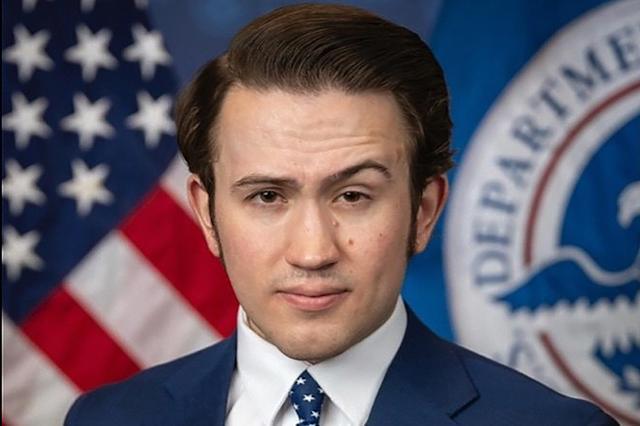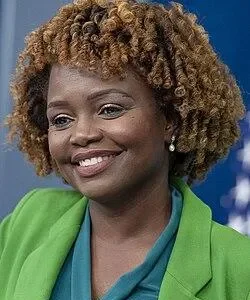In a surprising move, President Donald Trump has appointed 22-year-old Thomas Fugate, a recent college graduate with no apparent national security experience, to lead the Department of Homeland Security’s Center for Prevention Programs and Partnerships (CP3). The announcement, made on June 4, 2025, has sparked widespread concern among counterterrorism experts, given Fugate’s background as a former grocery store clerk and gardener.

Fugate, who graduated from the University of Texas at San Antonio in 2024 with a degree in politics and law, was hired as a special assistant in DHS’s immigration office in February before assuming leadership of CP3 in May. The center, tasked with preventing terrorism and targeted violence, oversees an $18 million grant program to combat extremist attacks, including school shootings and hate-fueled violence. Previously led by Bill Braniff, an Army veteran with over 20 years of national security experience, CP3 has been downsized from 80 to fewer than 20 staffers under Trump’s administration, which has shifted its focus to immigration and border security.
Critics argue that Fugate’s appointment reflects a broader undermining of critical national security institutions. His LinkedIn profile lists internships at the Heritage Foundation and the Texas House of Representatives, a stint as a Trump campaign advance team member, and roles as a grocery store worker at H-E-B and a self-employed landscaper. “It sounds like putting the intern in charge,” a counterterrorism researcher told ProPublica, noting that Fugate’s leadership experience primarily stems from serving as secretary general of a Model United Nations club.
 The appointment comes amid a spike in extremist violence, including an April arson attack on Pennsylvania Governor Josh Shapiro and a mass shooting at Florida State University. Experts warn that the administration’s pivot away from domestic extremism, particularly far-right movements, to focus on drug cartels and border issues could weaken national security. A DHS official defended Fugate, citing his “work ethic and success” as reasons for his temporary leadership role.
The appointment comes amid a spike in extremist violence, including an April arson attack on Pennsylvania Governor Josh Shapiro and a mass shooting at Florida State University. Experts warn that the administration’s pivot away from domestic extremism, particularly far-right movements, to focus on drug cartels and border issues could weaken national security. A DHS official defended Fugate, citing his “work ethic and success” as reasons for his temporary leadership role.
Counterterrorism researchers express alarm, with one calling the move “reckless” given recent high-profile attacks, including a car bombing in California. As the Trump administration prioritizes immigration enforcement, Fugate’s rapid rise from grocery clerk to counterterrorism chief raises questions about the future of U.S. terrorism prevention efforts.






